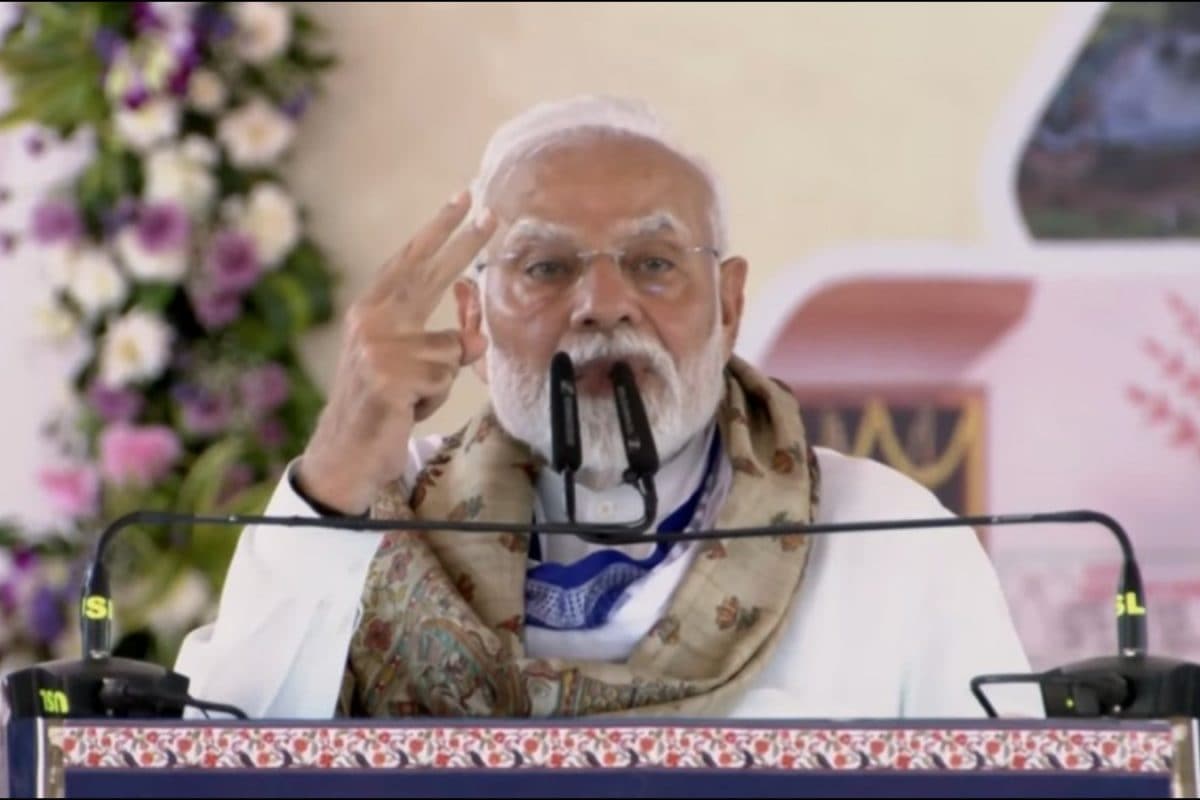

Prime Minister Narendra Modi has lauded the efforts of the all-party delegations of Members of Parliament (MPs) who recently undertook a global campaign to expose Pakistan's role in sponsoring terrorism. This initiative, which involved sending 40 MPs in seven groups to various regions across the world, aimed to inform the international community about Pakistan's ongoing support for terrorism and to garner backing for India's counter-terrorism efforts.
The campaign followed the April 22 Pahalgam terror attack, which resulted in the deaths of 26 people. In response to this attack, India launched Operation Sindoor on May 7, conducting precision strikes in Pakistan and Pakistan-occupied Kashmir (PoK) that reportedly killed over 100 terrorists. The all-party delegations were tasked with presenting India's stance on cross-border terrorism and highlighting Operation Sindoor to key stakeholders and ministers in various countries.
During their visits, the MPs engaged with nations from Japan to the United States, building a narrative against Pakistan-based terror infrastructure. They carried documents containing facts and instances to substantiate the allegations against Pakistan. The delegations also sought to convince governments to support India's fight against cross-border terrorism. For instance, one delegation successfully persuaded the Colombian government to withdraw a statement criticizing India. Another delegation successfully sensitized Japan on the menace of cross-border terror.
The initiative saw participation from MPs across party lines, including members of the ruling BJP and various opposition parties. Shashi Tharoor, a Congress MP, led a delegation to the United States. Other prominent MPs involved in the campaign included Sanjay Jha of JDU, Aparajita Sarangi of BJP, and Kanimozhi Karunanidhi of DMK.
The Prime Minister's commendation of the MPs' efforts underscores the government's commitment to combating terrorism and its willingness to engage with the international community to achieve this goal. By sending all-party delegations, the government aimed to showcase a united front and a national consensus on the issue of terrorism emanating from Pakistan. The Ministry of External Affairs (MEA), the Ministry of Home Affairs (MHA), and the Ministry of Parliamentary Affairs were involved in preparing the necessary documentation and coordinating the international tour.
The BJP has asserted that India has rewritten the rules of its engagement with Pakistan under Prime Minister Narendra Modi. The party criticized the previous government for releasing prisoners of war without securing strategic advantages and emphasized the current administration's proactive approach to addressing cross-border terrorism.
However, the Congress party has questioned the effectiveness of the campaign, with some leaders suggesting that it was merely a formality to create an illusion of political unity. Congress MP Tariq Anwar claimed that there was no substantial outcome and that the objective of isolating Pakistan on the global stage was not fulfilled. The Congress also pointed to instances of international support for Pakistan, such as its role as co-chair in the United Nations Security Council (UNSC) and its receipt of funds from global institutions. Despite these criticisms, the government maintains that the initiative was a success and that it has helped to raise awareness about Pakistan's role in sponsoring terrorism.